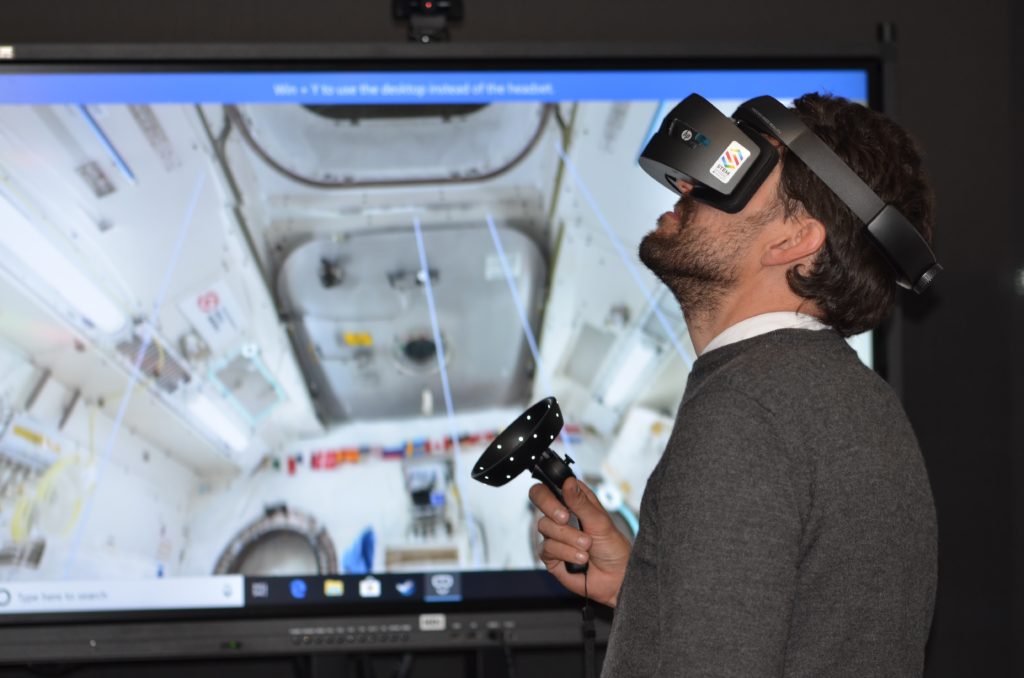|
Brain-machine interfaces (BMIs) have emerged as a groundbreaking technology that holds immense promise in transforming the way we interact with machines and augmenting human capabilities. These interfaces establish a direct communication pathway between the brain and external devices, enabling individuals to control machines using their thoughts or receive sensory feedback directly from the machines. This article delves into the current state of BMIs, their potential applications, and the ethical considerations surrounding this remarkable technology. The field of BMIs has witnessed significant advancements in recent years. Researchers have developed various approaches for interfacing with the brain, including invasive techniques involving implants and non-invasive methods such as electroencephalography (EEG) and functional magnetic resonance imaging (fMRI). These technologies allow scientists to record neural activity and decode it into meaningful information that can be used to control external devices. One of the most promising applications of BMIs is in the field of medicine. They offer new avenues for assisting individuals with paralysis or motor impairments by providing them with the ability to control robotic limbs or exoskeletons. Not only could this significantly improve their quality of life, but it also holds the potential to restore lost motor functions. Furthermore, BMIs have the potential to revolutionize neurorehabilitation by facilitating targeted therapy and promoting neural plasticity. Beyond medical applications, BMIs have the potential to reshape various industries. In the gaming industry, for instance, researchers are exploring the use of BMIs to create immersive virtual reality experiences by translating players' intentions directly into game commands. Similarly, BMIs could enhance the efficiency and safety of complex tasks in fields such as aviation and manufacturing by allowing operators to control machinery with their minds, reducing the risk of human error. However, the rapid development of BMIs also raises important ethical considerations. Privacy and data security are paramount since these technologies involve the direct access and interpretation of an individual's neural activity. Safeguarding against the unauthorized access or misuse of this data becomes crucial. Additionally, there is a need to ensure equitable access to BMIs, as they have the potential to exacerbate existing social inequalities if they are only available to a privileged few. Brain-machine interfaces represent a groundbreaking technology with far-reaching implications. While still in its early stages, BMIs hold immense potential for transforming healthcare, gaming, and various industries. However, it is essential to address the ethical concerns surrounding privacy, security, and accessibility to ensure that the benefits of this technology can be realized by all. As research in this field progresses, we can look forward to a future where the boundaries between humans and machines blur, opening up new possibilities for human enhancement and interaction with the world around us.  |
